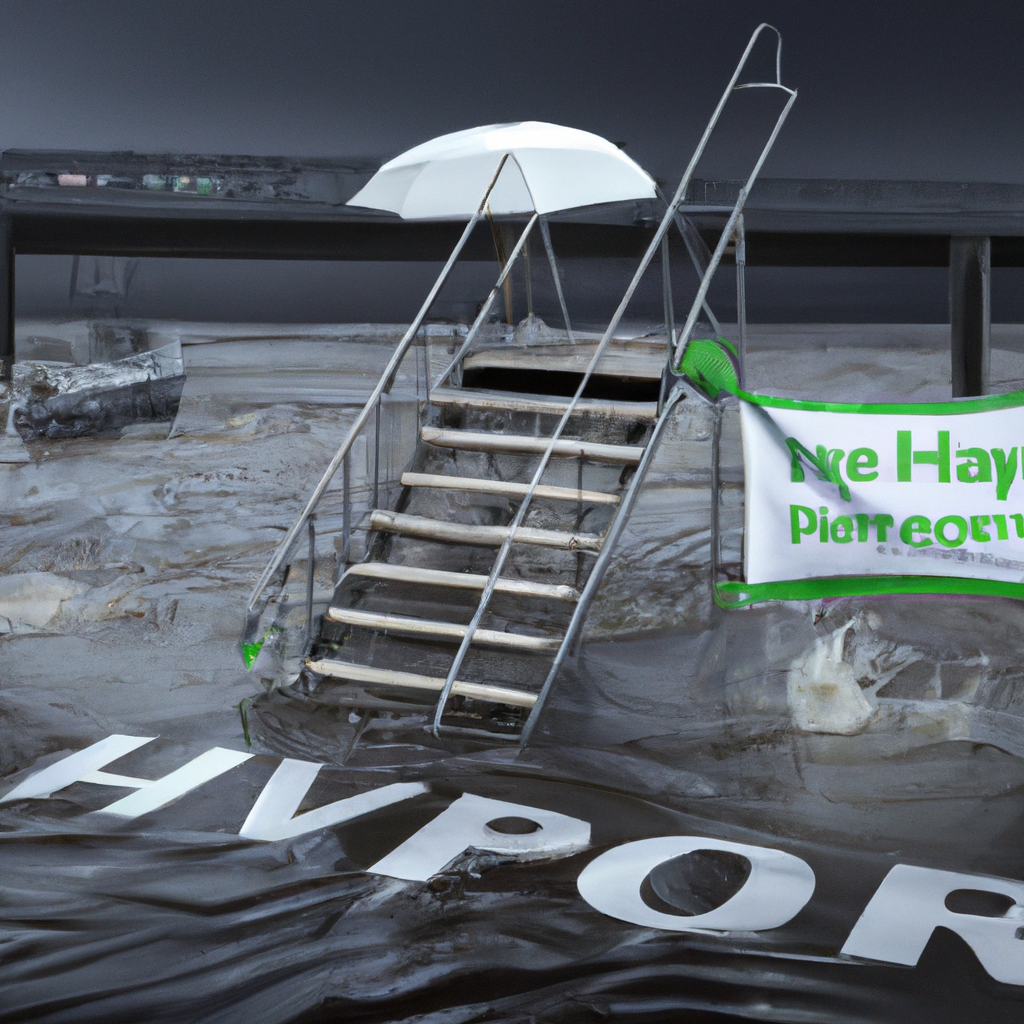
4. hochwasserereignisse
**Summary:** Hochwasserereignisse, or flood events, have become increasingly frequent due to climate change, impacting communities worldwide. Understanding their causes and effects is essential for mitigation and preparedness.
**SEO-friendly Excerpt:** Explore the increasing frequency of Hochwasserereignisse and their impact on communities globally due to climate change.
—
**Hochwasserereignisse: Understanding the Growing Threat of Flood Events**
Hochwasserereignisse, or flood events, are natural disasters characterized by the overflow of water onto normally dry land, often resulting from excessive rainfall, melting snow, or dam failures. As climate change accelerates, the frequency and intensity of these events have risen significantly, posing serious risks to communities, ecosystems, and economies around the world.
Flooding can occur in various forms, including river floods, flash floods, coastal floods, and urban flooding. Each type has distinct causes and potential impacts. River floods typically happen when rivers overflow their banks, often due to prolonged rainfall or rapid snowmelt. Flash floods, on the other hand, can occur within minutes of heavy rainfall, especially in areas with steep terrain or urban environments where water cannot be absorbed quickly. Coastal flooding is often exacerbated by storm surges and rising sea levels, while urban flooding results from inadequate drainage systems unable to cope with sudden downpours.
The increasing occurrence of Hochwasserereignisse can largely be attributed to climate change, which leads to shifts in weather patterns and more extreme weather events. According to the Intergovernmental Panel on Climate Change (IPCC), the frequency of heavy precipitation events is projected to rise, particularly in regions already experiencing high levels of rainfall. This phenomenon not only increases the likelihood of flooding but also complicates existing water management systems.
The impacts of floods are extensive and multifaceted. They can lead to loss of life, displacement of communities, destruction of infrastructure, and significant economic losses. According to the World Bank, the economic damages from flooding can reach billions of dollars annually, affecting everything from agriculture to transportation. Moreover, floods can contaminate drinking water supplies and disrupt essential services, leading to long-term health risks for affected populations.
In addition to immediate impacts, the social repercussions of Hochwasserereignisse can be profound. Displacement due to flooding can lead to a breakdown of social networks and communities, often resulting in increased vulnerability and hardship for those affected. The psychological toll of experiencing a flood event can also be significant, with individuals facing anxiety, depression, and post-traumatic stress disorder (PTSD) as they recover from the disaster.
Mitigation and preparedness are crucial aspects of addressing the increasing threat of Hochwasserereignisse. Governments and organizations worldwide are investing in flood defense infrastructure, such as levees, floodwalls, and improved drainage systems. Additionally, enhancing early warning systems and promoting community awareness can help reduce the impact of flooding events. For instance, implementing land-use planning that avoids high-risk areas and restoring natural wetlands can serve as effective strategies for flood management.
International cooperation is also essential in tackling the challenges posed by flooding. Shared river basins and cross-border flood risks necessitate collaborative approaches to water management, disaster response, and climate adaptation. Programs and agreements that promote information sharing and coordinated response actions can enhance resilience in vulnerable regions.
In conclusion, Hochwasserereignisse represent a growing threat exacerbated by climate change. Understanding their causes, impacts, and the necessary measures for mitigation is essential for communities worldwide. As climate patterns continue to evolve, proactive strategies and a comprehensive approach to flood management will be vital in safeguarding lives and livelihoods.
—
This article aims to inform readers about the significance of Hochwasserereignisse and the importance of addressing the challenges they pose in the context of a changing climate.


